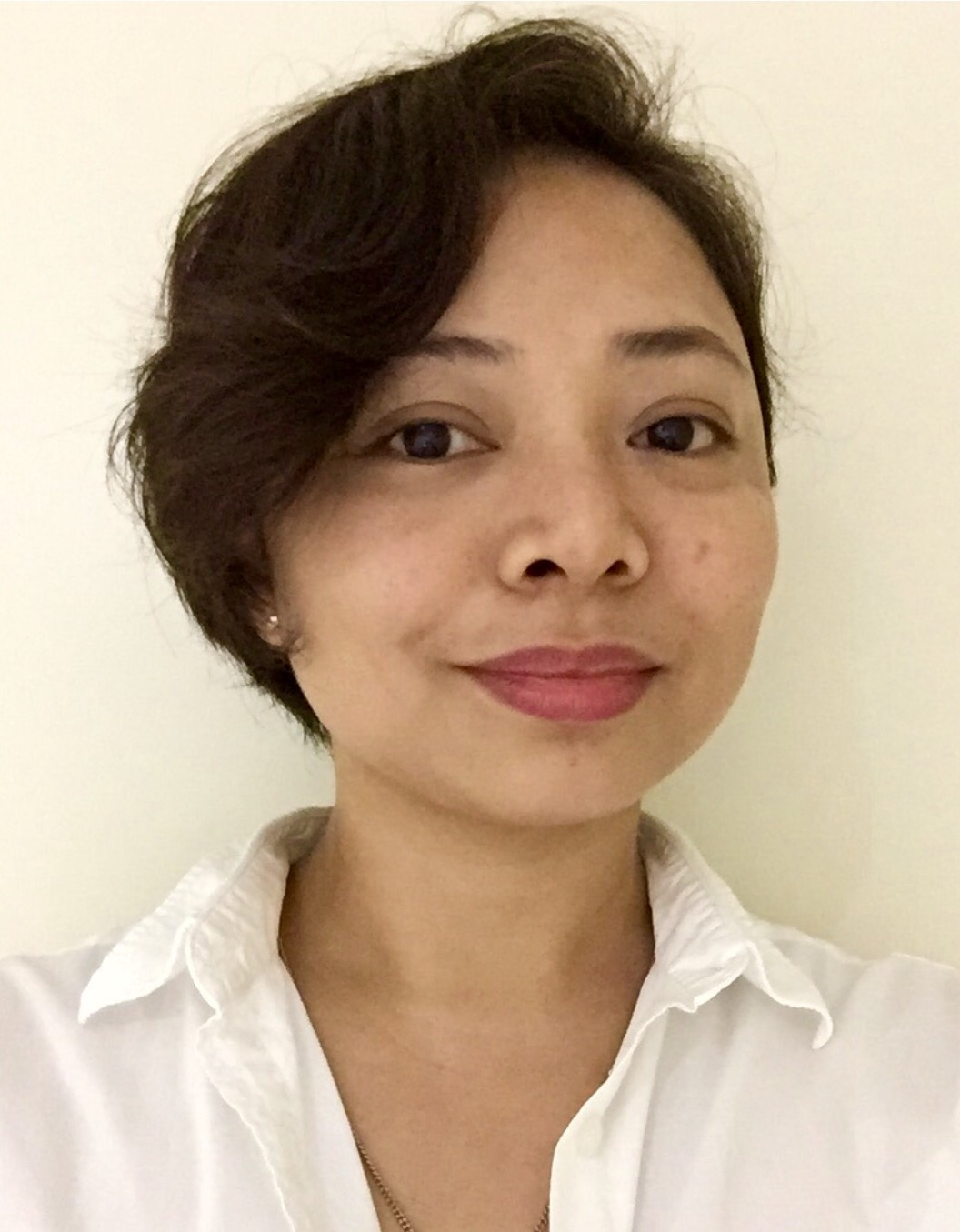 What attracted me to TMGH then, after scouring the internet for graduate schools of medicine within Japan, were the MTM course’s flexible timetable, its use of English as the medium of instruction, its roster of high caliber faculty, its close collaboration with the London School of Hygiene and Tropical Medicine (LSHTM) and other prominent organizations, and my general perception of the school as a nurturing community.
What attracted me to TMGH then, after scouring the internet for graduate schools of medicine within Japan, were the MTM course’s flexible timetable, its use of English as the medium of instruction, its roster of high caliber faculty, its close collaboration with the London School of Hygiene and Tropical Medicine (LSHTM) and other prominent organizations, and my general perception of the school as a nurturing community.
My one year stay in TMGH as an MTM graduate student did not disappoint. I expected the coursework to be challenging and intensive, and it was. In retrospect, I think I enjoyed spring quarter the most, albeit having a hectic schedule. Sessions in tropical medicine, epidemiology and statistics equipped me with the right knowledge and skills to successfully carry out my master’s thesis with the guidance of my supportive research supervisors. Overall, there was a palpable intention to contribute solutions to global health issues within the school atmosphere that could easily rub off on students. Taking this course changed my perspective towards research, inspired me to aim for higher studies, and rekindled my childhood dream of making a difference.
 My name is Yen Hai Doan. I come from Vietnam.
My name is Yen Hai Doan. I come from Vietnam.
Before I came here, I worked at the National Institute of Hygiene and Epidemiology which serves for maintaining a better public health state in my country, particularly with respect to various infectious diseases. The occupation I was engaged in before I came here required a high level of working knowledge in infectious diseases particularly prevalent in tropical, developing countries including Vietnam. This is why I entered the Master of Tropical Medicine course. A lot of advanced facilities were given to the students during this course. The lectures in the class as well as case reported in the hospital by the professors, doctors and invited speakers were really helpful to widen our knowledge in tropical infectious diseases and the related disciplines. From acquired knowledge and skills in master course, I came to believe it a right decision to get a higher and more advanced level of education in the PhD course in this school under the supervision of Professor Nakagomi. After graduated, I worked at Nagasaki University, School of Medicine as a tenure-track assistant professor. Currently, I work as a researcher at the National Institute of Infectious Disease in Japan. Here, I am involved into research activities of gastroenteritis disease in children. The skills I cultivated research practices and knowledge from MTM course are extremely helpful. This positive experience in my research career from MTM and PhD courses at Nagasaki University inspired me to seek a heightened level of involvement in new directions.

私にとっては、医学研究を自分の手で行うのはこれが初めてでした。
長崎大学で研究を行うために欠かせない知識、技術を得た後、アフガニスタンに戻り、ある県立病院で研究を行いました。そこで肺炎の診断を受けた500名以上の子どもについて調べることが出来ました。
現在、集めたデータサンプルを分析しています。これは、現地で多い小児肺炎の治療と予防に関する有用な情報を提供してくれるアフガニスタン最初の研究の一つとなります。
指導くださった熱帯医学研究所臨床感染症学有吉紅也教授に心よりお礼申し上げたいと思います。

私は、フィリピンのマニラに3ヶ月間滞在し、国立の感染症専門病院で結核に関するリサーチを行いました。渡航前に臨床研究に不可欠な生物統計学や医療倫理学の講義を受けつつ、研究計画書の作成と教官からの指導も頂き、希望通りの臨床研究を行うことができました。現地到着後すぐに研究協力者全員の前で英語でのプレゼンテーションを行い、討論を重ね、現地到着2週間後には、倫理委員会の承認を得て研究が開始できました。研究中の細かいトラブルや疑問点に対しても、長崎とのテレビ会議で指導教官と綿密に相談できました。このため、現地の実情に合わせ細部の軌道修正をし、帰国までには予定した症例数を集められ、現在は解析を行っています。また、臨床研究に並行して、一般病棟でも研修させて頂き、日本では見られない感染症と、そのマネジメントを経験できました。海外で、短期間に研究と臨床を同時に経験できてしまう素晴らしいプログラムです。